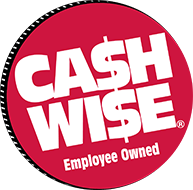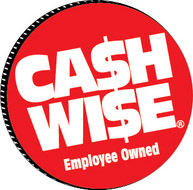 Antibiotics are medicines that fight bacterial infections. Used properly, they can save lives. But there is a growing problem of antibiotic resistance. It happens when bacteria change and become able to resist the effects of an antibiotic. Antibiotic resistance is one of the most urgent threats to the public’s health. Antibiotic resistant bacteria can cause illnesses that were once easily treatable with antibiotics to become untreatable, leading to dangerous infections. Antibiotic-resistant bacteria are often more difficult to kill and more expensive to treat. In some cases, the antibiotic-resistant infections can lead to serious disability or even death.
Antibiotics are medicines that fight bacterial infections. Used properly, they can save lives. But there is a growing problem of antibiotic resistance. It happens when bacteria change and become able to resist the effects of an antibiotic. Antibiotic resistance is one of the most urgent threats to the public’s health. Antibiotic resistant bacteria can cause illnesses that were once easily treatable with antibiotics to become untreatable, leading to dangerous infections. Antibiotic-resistant bacteria are often more difficult to kill and more expensive to treat. In some cases, the antibiotic-resistant infections can lead to serious disability or even death.
Overuse and misuse of antibiotics allows the development of antibiotic-resistant bacteria. Every time a person takes antibiotics, sensitive bacteria (bacteria that antibiotics can still attack) are killed, but resistant bacteria are left to grow and multiply. This is how repeated use of antibiotics can increase the number of drug-resistant bacteria. Antibiotics are not effective against viral infections like the common cold, flu, most sore throats, bronchitis, and many sinus and ear infections. Widespread use of antibiotics for these illnesses is an example of how overuse of antibiotics can promote the spread of antibiotic resistance. Smart use of antibiotics is key to controlling the spread of resistance.
To help prevent antibiotic resistance
- Tell your healthcare professional you are concerned about antibiotic resistance.
- Ask your healthcare professional if there are steps you can take to feel better and get symptomatic relief without using antibiotics.
- Take the prescribed antibiotic exactly as your healthcare professional tells you.
- Safely dispose of leftover medication.
- Ask your healthcare professional about vaccines recommended for you and your family to prevent infections that may require an antibiotic.
- Never skip doses.
- Never take an antibiotic for a viral infection like a cold or the flu.
- Never pressure your healthcare professional to prescribe an antibiotic.
- Never save antibiotics for the next time you get sick.
- Never take antibiotics prescribed for someone else.
Antibiotic resistance is a growing concern in the healthcare community, it will take a combined effort from providers and patients to help address this, following the tips above will certainly help. Thank you and be well!
Jason Miller, Pharm. D.
Pharmacy Clinical Program Manager











